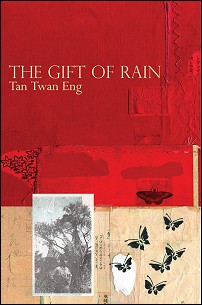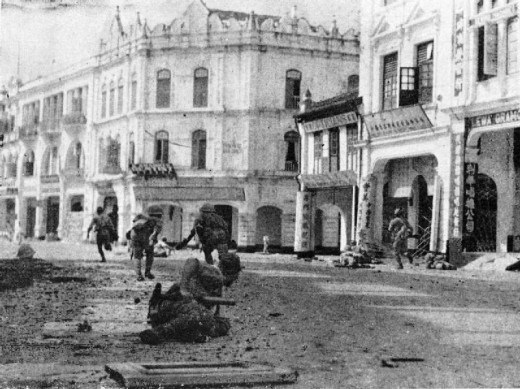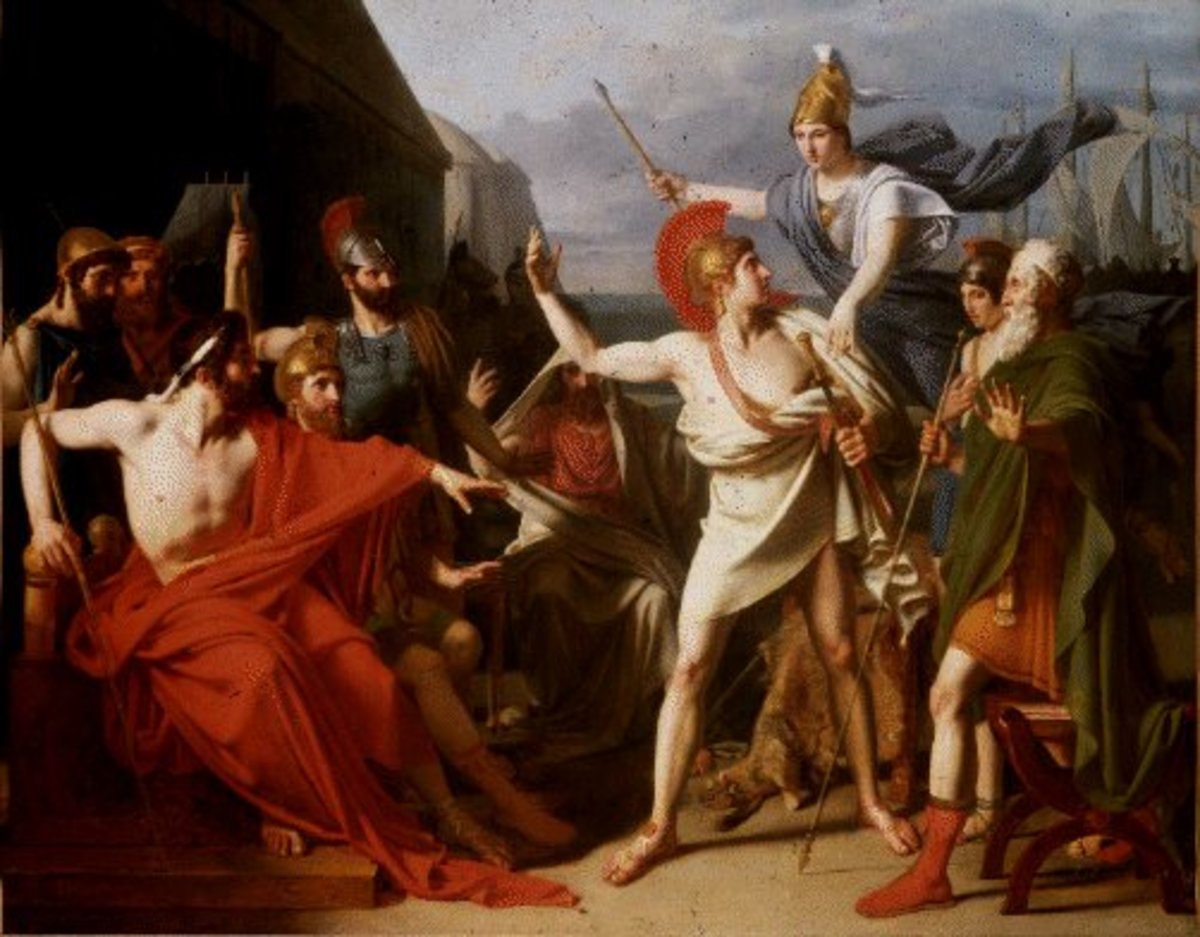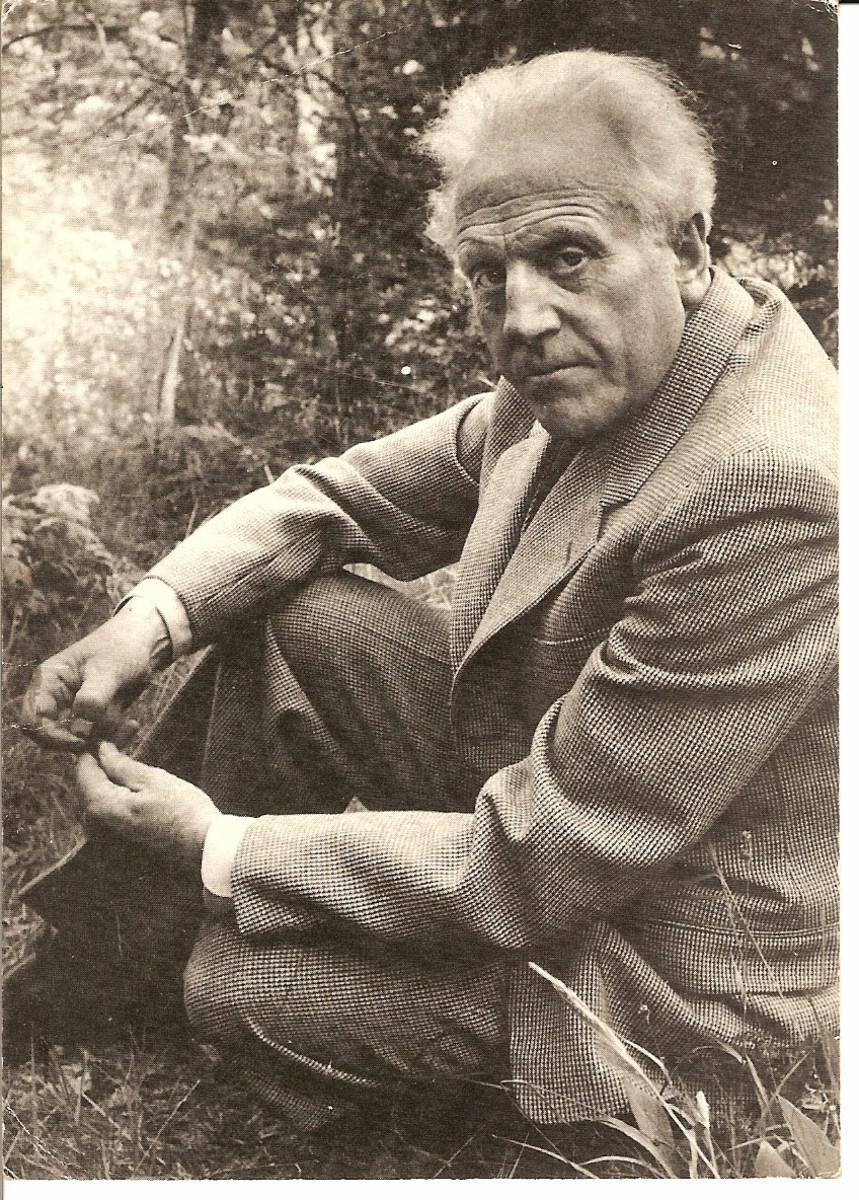Postcolonialism in The Gift of Rain

Plot Description
The Gift of Rain by Tan Twan Eng is a Malaysian historical fiction novel. Most of its events set in Penang just before and during the Japanese Occupation of 1941. The main character and narrator is Philip Hutton, who is half-British and half-Chinese. He is an elderly man who used to teach akido. One day, an old widow named Michiko Murakami comes to visit Phillip in Penang, intending to show him a letter that she received from another akido master, Endo.
Phillip's memories are stirred by the letter that Michiko has brought with her. Although Phillip feels reluctant to tell Michiko about his painful friendship with Endo, he eventually reveals his past in the form of flashbacks, which take up the majority of the novel after the second chapter.
As a young boy, Phillip befriends a Japanese man by the name of Hayato Endo. Phillip pours out his frustrations with life to Endo, who listens to him obligingly. One of Phillip's frustrations is that he does not fit in with his British family, because his mother is Chinese, while his siblings are pure British. Phillip is glad to let Endo see the sights of Penang, finally having a friend who he can relate to.
Despite increasingly frequent reports of Japanese brutality in China, Phillip refuses to believe that Endo's kind could be such heartless savages. In the meantime, Endo has disappeared. Phillip also meets Kon, a Chinese youth, and his sensei, Mr. Tanaka, at a party in the Cross residence. When Endo returns, Phillip is glad to continue his akido lessons.
Around this time, when Phillip tells his father about the akido lessons, Mr. Hutton gets very angry and scolds Phillip for befriending a Japanese, an enemy of China as well as Malaya.Little does Phillip know that Endo is a spy for the Japanese invaders. Phillip feels that he has been forced into a role that he never wanted to play, but Endo says that the two of them have met again and again, in so many previous ages, and they are destined to meet until they can resolve their lives even if they fight to the death to do so.
While Phillip is retelling his story, Michiko appears to be extremely ill. Phillip does his best to look after her. He continues his flashback once she feels better. Phillip remembers that once the Japanese began invading Malaya, Noel becomes much more defensive about his family's safety, taking rifles and weapons out of storage.
When Noel is confronted by a Kempitai member, Phillip tries to stop him from acting rashly, knowing of their brutal reputation. Isabel snaps at Phillip and calls him a grovelling weakling. The Europeans start referring to the Japanese in rude terms, and Phillip is regarded as a traitor of Malaya. He has to continue helping the Japanese if he wants to survive.
Phillip reluctantly reveals the administrative organization of the newly Occupied Malaya, and this shocks Noel as well as the locals, as the Hutton business, among others, will be taken over. Phillip then tries to help the Malayans and the Europeans escape the war, but he fails in most of the attempts.
He is disgusted by the cruel execution methods the Japanese use on their prisoners, such as overfeeding, making them dig their own graves, and using them as live target practice. Uncle Lim is furious about Phillip's actions that indirectly drove his daughter Ming to sucide, so he betrays the Huttons to the Japanese by revealing Isabel's support of the Allied forces. Isabel is shot dead while trying to escape, and Noel is thrown into jail.
At the end of the flashback, Phillip is the only remaining Hutton, as his siblings and father have been killed during the Occupation. Endo requests that Phillip kill him for the sake of mercy, instead of Endo being imprisoned for the rest of his life. Phillip is reluctant to do so, but Endo urges him, saying that they will meet again in their next lives. Finally, Phillip kills Endo with the sword given to him, and buries his friend on the hidden island.
Michiko eventually passes away after Phillip finishes telling his tale. She had been suffering from radiation sickness ever since the bombings of Hiroshima and Nagasaki. At the end of the novel, Phillip has made some deals with the Penang Historical Society to donate some artifacts from the Occupation.

Postcolonialism
Quotes were taken directly from the novel unless otherwise stated.
A Cultural Analysis
The postcolonialism theory was chosen for the analysis of The Gift of Rain because the novel takes place in the days of British colonialism in Malaya, as well as the days of the Japanese Occupation. Postcolonialism includes the critical examination of colonialism as well as colonial attitudes in literature (Harrison and Hughes 237). In the context of The Gift of Rain, the colonial eras include the British era and the Japanese Occupation of Malaya.
a) Cultural mimicry
Cultural mimicry, the process of mimicking another culture thought to be superior to one's original culture, is clear in the novel. Phillip, feeling that he can not fit into either the British or Chinese culture, has unconsciously accepted and mimicked Japanese traits, with the opinion that Japanese culture is attractive. This lifelong mimicry of Japanese culture is most evident in the first few chapters of the novel:
[…] I found my gi, neatly pressed by Maria, in a cupboard. It was my favourite piece, and a slight trace of perspiration, which could never be completely washed away, teased my nose as I unfolded it. (Tan 24)
Phillip has mimicked Japanese attire and uses one type of clothing in his own wardrobe as his training uniform. He also enjoys sake, a Japanese wine, with his meal, having been influenced by Japanese culture:
I started to pour a bottle of wine but Michiko stayed my hand. From a rustling package she produced a stout-looking bottle.
'Sake,' she said.
'Ah. Much better,' I replied [...] (Tan 33)
I copied the strokes on the rice paper. 'There is an order as to which stroke is placed first, […]' (Tan 52)
Here, Phillip learns to write in Japanese under Endo's guidance. Endo encourages Phillip to mimic Japanese culture by learning to speak, read, and write in the language; believing that mastery of the Japanese language would help Phillip survive and put him a step above the locals if Japan colonizes Malaya:
'Why must I learn the language?'
'Because I bothered to learn yours.' He looked at me. “And because it will save your life one day.'
It was hard work, yet I enjoyed it [...] (Tan 53)
Phillip also practices aspects of Japan's philosophical culture even in his old age. These include the act of meditation, and of course, akido, a form of swordfighting and its related etiquette:
Sitting in the seiza position, […] I began to meditate. It came back to me slowly […] After twenty minutes I picked up my bokken, raised it and bowed to O' Sensei [A portrait of the person]. Then I bowed to the wooden sword and began my cuts. (Tan 24)
Phillip explains the use of a bokken in akido as a training weapon, which is also lethal when used in skilled hands. His cultural mimicry comes from the act of paying respects to his sensei and the weapon he is planning to use, which is common in Japanese culture. Throughout the entire novel, Phillip includes Japanese words such as sensei for teacher, shoji for a type of door, and specific terms used in akido and general Japanese manners.
Kon also imitates Japanese culture by taking fighting lessons from a Japanese sensei, after seeing his skill in calming fights down:
'How did you meet Tanaka-san?'
'At the Flame-Watching Ceremony […]' '[…] I was there that night when a fight broke out. I saw Tanaka-san quell it, and I made my way to him, and asked him to teach me.' [Kon's reply] (Tan 165)
I learned a lot from Kon. We spent evenings breaking down our techniques and trying out new ones. I found Tanaka-san's akijutsu much gentler than Endo-san's, the movements much more circular than those I had been taught. […] (Tan 200)
Both Phillip and Kon practice a Japanese martial art to improve their fighting skills, under the assumption that Japanese martial arts are more accessible to them, in contrast with Chinese or Malay fighting styles that are rarely mentioned in the novel.
b) Cultural hybridization
One theory in postcolonialism is the concept of cultural hybridization, that is, living between two cultures, but not quite belonging to either them. In the early parts of Phillip's flashbacks, he feels that he is stuck between being a Chinese and a British, not knowing where he belongs:
Most of the servants were Chinese and my friendship with a Japanese could break our pact – the Chinese held no affection for their distant cousins across the seas. My being half Chinese made them assume I was sympathetic to the plight of their families left behind in China – even I knew, from their constant reports, of the atrocities being committed by the Japanese there – but they never knew that I felt no connection with China, or with England. I was a child born between two worlds, belonging to neither. (Tan 48-49)
Since Phillip feels no connection to either his Chinese or British identity, it is easier for him to befriend Endo, although Endo is Japanese, and an enemy of Malaya by association. Phillip later confides to Endo that, “The half-Chinese, youngest child in an English family? I don't think I fit in anywhere at all” (Tan 71). Phillip did not feel that he belonged anywhere despite being treated well by his British family, before the Occupation rolled in.
Due to Phillip's experience with Endo and eventually other Japanese who join the Occupation, he experiences a hybridization of Malayan and Japanese culture as well as language. Phillip speaks Japanese fluently, practises akido and also appreciates Japanese drinks, while retaining vivid memories of being a Malayan through his flashbacks. These cultural traits were adopted as part of his unconscious cultural mimicry.
Phillip is still bothered by the fact that he is a mixed-race person, especially with the reactions he receives from the locals:
The owner of the tea-room came for my order, asking in English what I wanted. I saw the expected look of surprise and barely-concealed disgust when I answered in Cantonese. That was my burden – I looked too foreign for the Chinese, and too Oriental for the Europeans. I was not the only one – there was a whole society of so-called Eurasians in Malaya – but even then I felt I would not belong among them. (Tan 108)
He empathizes with the Japanese as he feels that they are lost in Malaya as well:
I felt as Endo-san and the Japanese people here must feel: they were hated by the locals as well as by the British and the Americans, for their exploits in China were now becoming daily topics of debate […] Yet I had seen another side of them – I had seen the fragile beauty of their way of life, their appreciation of the sorrowful, transient aspects of nature, of life itself. Surely such sensitivities should count? (Tan 108)
Noel is not happy with his son's fondness for Japanese culture, having heard of Japan's role in the Second World War, and afraid that his son would be stuck between two sides if the war arrives in Malaya:
'He's a bloody Japanese!' he said, his voice rising.
'To whom you leased the island,' I replied, sending my mind out to where the sea and sky merged, maintaining my centre. […]
'You know what they're doing in China. What does he want with you?'
'To teach me his culture, and some self-defence abilities.'
'You don't need that sort of skill. And I don't trust him.'
'I do.'
He let out a sigh. […] (Tan 176)
'It's not just our company I'm worried about,' he said. 'I've no wish to see you caught between two opposing sides and suffer in the process.' (Tan 191)
Noel's premonition turns out to be right by the end of the novel, as the events of the Occupation continue. Phillip is caught between helping the locals and trying to survive by helping the increasingly brutal Japanese invaders.
Phillip's mother also experienced cultural hybridization when she married Noel Hutton. In the novel, Noel says that the local Europeans treated Phillip's mother badly, because she wasn't British, and Phillip's grandfather refused to speak to her again. Even the Chinese refused to accept Phillip's mother after she married Noel (Tan 177). Despite this, Phillip's mother was determined to live in an English household because she loved Noel very much.
Phillip is not the only character to experience cultural hybridization. He gets into a fight with Kon, a Chinese youth who is another hybrid of Malayan and Japanese culture:
From Kon's movements, I could see clearly that his sensei's style differed slightly from Endo-san's; it was softer and rounder. [...]
'Where did you learn all that?' I asked. As the son of a well-known Chinese businessman, I did not expect him to be so proficient in Japanese fighting techniques.
'From my sensei,' he said. To my astonishment, he spoke to me in Japanese and I wondered if I had too much to drink. (Tan 153)
Phillip is startled to meet another Malayan who embraces elements of Japanese culture. However, unlike Phillip, Kon rejects the hybridization when the Occupation turns cruel. Tan writes that “'He [Kon] is in a camp just outside Ipoh. The guerillas have joined forces with the Malayan Communist Party. His group has been successful in disrupting the Jipunakui activities.'” (316)
Works Cited
Harrison, Rodney, and Lotte Hughes. Understanding the Politics of Heritage. Manchester: Manchester UP, 2009. 234-266. Print.
Tan, Twan Eng. The Gift of Rain. Great Britain: Myrmidon, 2007. Print.



